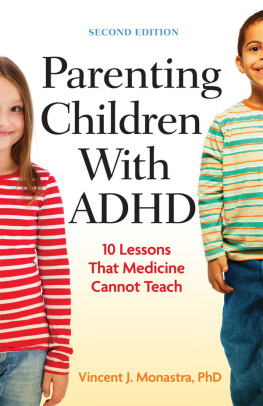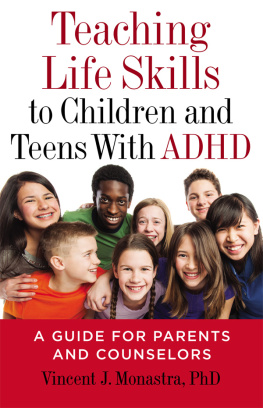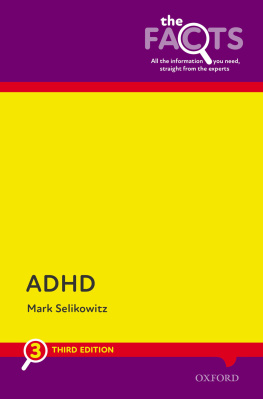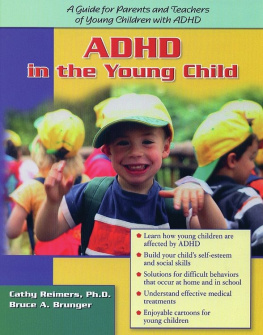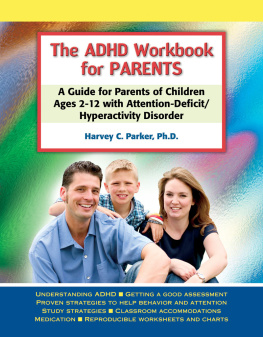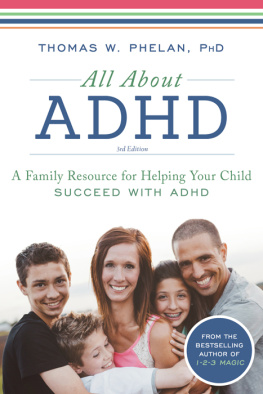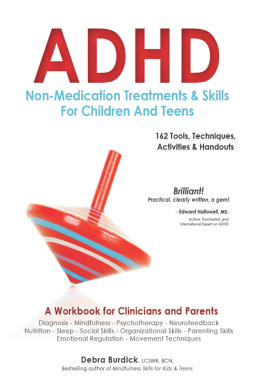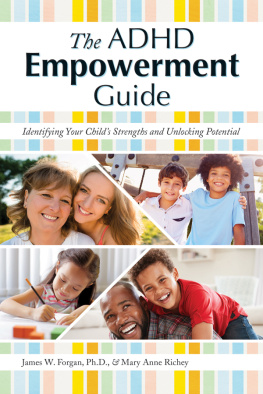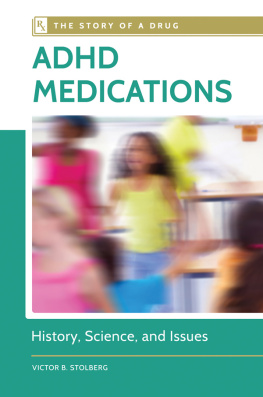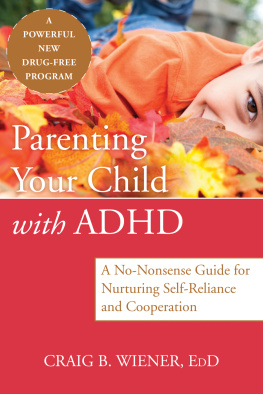Copyright 2014 by the American Psychological Association. All rights reserved. Except as permitted under the United States Copyright Act of 1976, no part of this publication may be reproduced or distributed in any form or by any means, including, but not limited to, the process of scanning and digitization, or stored in a database or retrieval system, without the prior written permission of the publisher.
Electronic edition published 2014.
ISBN: 978-1-4338-1572-0 (electronic edition).
Published by APA LifeTools 750 First Street, NE Washington, DC 20002 www.apa.org | To order APA Order Department P.O. Box 92984 Washington, DC 20090-2984 Tel: (800) 374-2721; Direct: (202) 336-5510 Fax: (202) 336-5502; TDD/TTY: (202) 336-6123 Online: www.apa.org/pubs/books E-mail: |
In the U.K., Europe, Africa, and the Middle East, copies may be ordered from
American Psychological Association
3 Henrietta Street
Covent Garden, London
WC2E 8LU England
Cover Designer: Naylor Design, Washington, DC
The opinions and statements published are the responsibility of the authors, and such opinions and statements do not necessarily represent the policies of the American Psychological Association.
Library of Congress Cataloging-in-Publication Data
Monastra, Vincent J., author.
Parenting children with ADHD : 10 lessons that medicine cannot teach / Vincent J. Monastra, PhD. Second edition.
pages cm
Includes bibliographical references.
ISBN-13: 978-1-4338-1571-3
ISBN-10: 1-4338-1571-0
1.Attention-deficit hyperactivity disorderTreatment 2.Problem childrenBehavior modification. 3.Parenting. I. Title.
RJ506.H9M65 2014
618.92'8589dc23
2013045453
British Library Cataloguing-in-Publication Data
A CIP record is available from the British Library.
Second Edition
http://dx.doi.org/10.1037/14374-000
To God, from whom all wisdom comes.
CONTENTS
PREFACE TO THE SECOND EDITION
Ten years ago, I was sitting in front of this same computer, writing the first edition of Parenting Children With ADHD: Ten Lessons That Medicine Cannot Teach. When I stopped and looked back on all that has happened in my life since that time, I was amazed. So many changes in a decade. I guess that shouldnt have been a surprise to me, but it was. After all, in 10 years, a little kindergarten student goes from learning to ride a bike to learning to drive a car. In my case, my two big kids grew up, went off to college and became grownups. My two little kids came into my life, and my wife and I are back in the business of participating in PTA meetings, helping coach little-kid baseball teams, going to Vacation Bible School, and teaching our children about what matters most in life.
You too have gone through quite a change in the past 10 years. Maybe you have become a parent for the first time. Perhaps you have realized that you are the parent of a child with attention-deficit/hyperactivity disorder (ADHD). Or maybe you have spent a decade searching for a way to bring out the best in your child who has ADHD and felt like you were going nowhere. My hope is that what you learn from the second edition of my parenting book will guide you in raising a joyful, confident child who realizes that no one is perfect, that we all have talents, and that all of us can play an important role in making the world a much better and more loving place to live.
This edition has been updated to inform you about new developments in diagnosing ADHD, as well as new medications and psychological treatments for improving attention and helping your child be less impulsive and restless at home, school, and on the ball field. There have also been new initiatives in the field of education, the most important one being the emphasis on changing school environments from one in which bullying reigns to one in which respect for the dignity of all students is the new standard. This book will highlight those changes and guide you in ways to help your school district create a safe atmosphere for your child.
Finally, this book includes guidance for teaching life values. The previous edition provided a foundation for teaching new life skills. This edition expands on those lessons and offers a framework for teaching values like generosity, kindness, and compassion. As an attention disorders specialist, I thought it was important not only to help children improve their attention but also to encourage parents to reflect and teach what is actually most important. My hope is that you will.
INTRODUCTION
In my early years as a psychologist, I found that most of the children I treated responded well to a combination of parental love and thoughtful administration of consequences for their actions. However, there were a small but significant number of kids who did not. These children would come into my office, week after week. Their parents would tell me about their efforts to get these children to listen, follow rules, remember chores, complete homework, clean their rooms, get along with their brothers and sisters, control their emotions, and develop friendships. Every session would seem the same. Although a child might have been able to improve in some small way, the session invariably turned into a review of his or her greatest failures for the week.
Even more torturous were the ensuing discussions in which the child would be asked to provide some explanation for her or his actions. If you have ever tried to have a discussion with a child who has attention-deficit/hyperactivity disorder (ADHD), you know what I am talking about. Sometimes kids with ADHD will go on and on and on, without ever getting to the point. Sometimes they will be so distracted that you need to repeatedly remind them of the question. Then, just when youre sure they have heard you, youll get a brief answer like I dont know or a shrug. Other times they will explode and storm out of the room before you can get two words out. Even more amazing is the frequency of lying that occurs during discussions. Ive witnessed conversations such as one in which a child denied he had broken a family rule and eaten chocolate before dinner, even though his hands and face were smeared with that tasty treat.
My watershed moment came during a 1-week period, approximately 25 years ago. It was the beginning of the summer. I was asked to evaluate two teenage boys. One boys parents had begun the school year by offering their son the extraordinarily expensive reward of a new car based on his academic performance. The other boys parents used a typical strategy of grounding their son from all social activities, television, and use of electronic games and computers until his grades improved. Which strategy do you think worked? The big bribe? The severe punishment? As it turned out, neither was effective.
Lets take a look at the parents who used the expensive reward. They told their son that if he could complete all his homework, attend all his classes, avoid disciplinary referrals to the principal, and merely pass each course for one marking period, they would buy him a new car. He failed to earn the car. After a year of prompting, prodding, encouraging, threatening, yelling, and crying, his parents brought him to me for treatment. Their poignant statement to me was, Something must be seriously wrong with our son.

